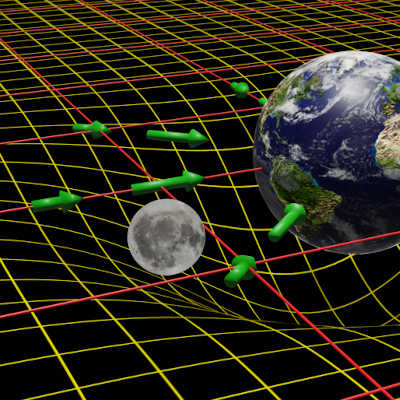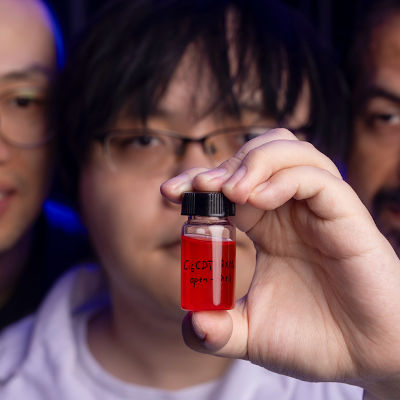NASA funds CAII to develop DeepDISC, enhancing galaxy analysis for Euclid’s dark matter and dark energy exploration.
NASA granted $1 million to the Center for Artificial Intelligence Innovation (CAII) at the National Center for Supercomputing Applications. This funding supports the Euclid space mission, which studies dark matter and dark energy. The project will focus on analyzing Euclid’s images.
The mission faces challenges with blended galaxies, where overlapping images distort data. This affects photometry, which measures light intensity, and galaxy morphology, the study of galaxy shapes.
The CAII researchers will use an artificial intelligence (AI) tool called Detection, Instance Segmentation and Classification with Deep Learning (DeepDISC). DeepDISC uses deep learning to identify stars and galaxies. It improves accuracy in detecting overlapping images, called deblending. This ensures precise measurements for weak gravitational lensing, where light bends due to gravity.
DeepDISC also quantifies uncertainty in predictions, enhancing reliability. The tool maximizes Euclid’s scientific outcomes, deepening our understanding of the dark universe.
Enhancing space exploration with DeepDISC
DeepDISC’s framework is open-sourced, meaning freely shared for collaboration. It adapts to other projects, like the Vera C. Rubin Observatory, soon capturing sky images. This project combines astronomy, computer science, AI, powerful computing systems, advanced data analysis, and cutting-edge machine learning that helps computers learn from data.
AI’s power in understanding images will now tackle cosmic mysteries. DeepDISC builds on AI models used for everyday visuals, extending them to space. This innovation reduces biases in Euclid’s data, ensuring accurate scientific results. The project strengthens NASA’s mission to map the universe’s structure and evolution. By solving deblending challenges, DeepDISC paves the way for breakthroughs in astrophysics, revealing secrets of dark matter and dark energy.
“The computer vision and AI community has developed powerful foundation models for understanding the visual world through natural images,” says researcher Yuxiong Wang in a CAII press release. “Now is an exciting time to extend these capabilities toward unlocking the mysteries of the universe.”
Let us know your thoughts! Sign up for a Mindplex account now, join our Telegram, or follow us on Twitter.


.png)

.png)


.png)





0 Comments
0 thoughts on “Advancing Euclid mission with AI”